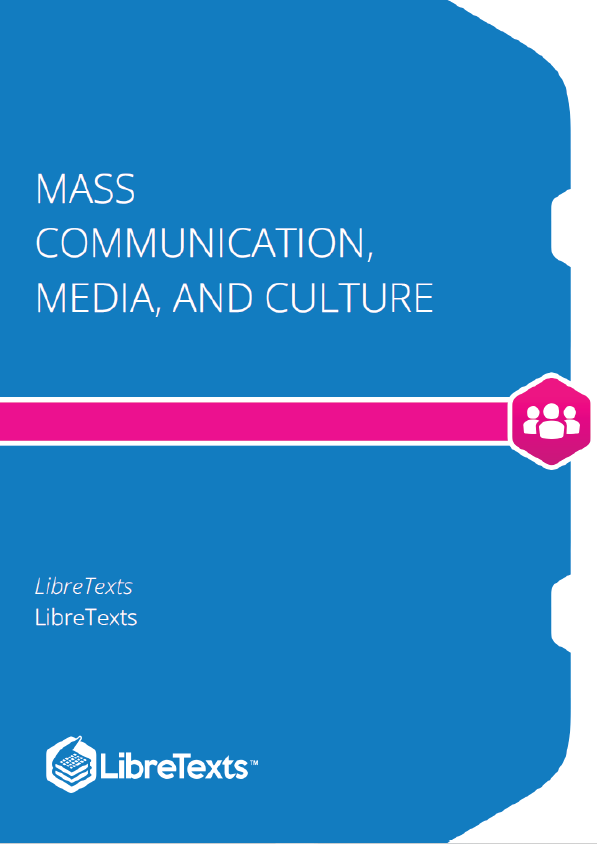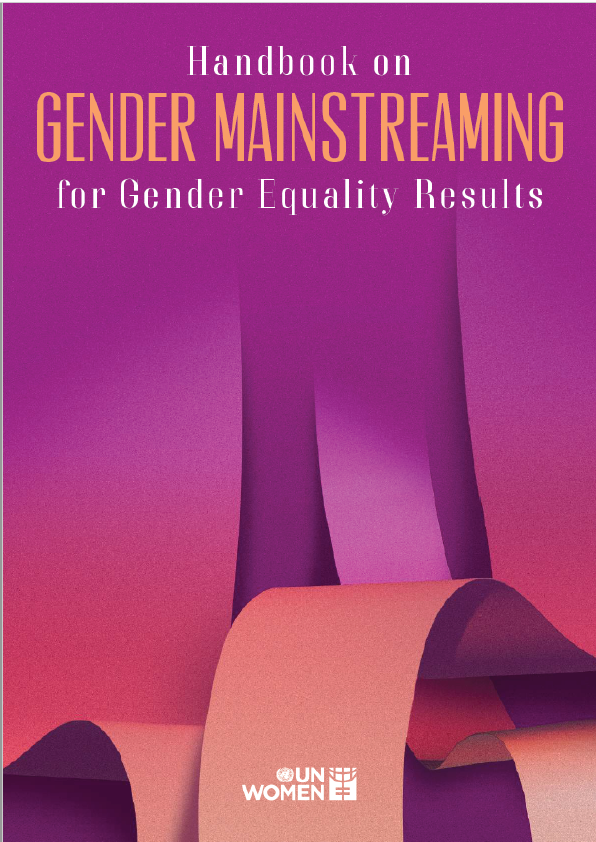According to the author, the world did not need another introductory text in mass communication. But the world did need another kind of introductory text in mass communication, and that is how Understanding Media and Culture: An Introduction to Mass Communication was birthed.
Understanding Media and Culture
This book’s title tells its intent. It is written to help you understand media and culture. The media and culture are so much a part of our days that sometimes it is difficult to step back and appreciate and apprehend their great impact on our lives.
The book’s title, and the book itself, begin with a focus squarely on media. Think of your typical day. If you are like many people, you wake to a digital alarm clock or perhaps your cell phone. Soon after waking, you likely have a routine that involves some media. Some people immediately check the cell phone for text messages. Others will turn on the computer and check Facebook, email, or websites. Some people read the newspaper. Others listen to music on an iPod or CD. Some people will turn on the television and watch a weather channel, cable news, or Sports Center. Heading to work or class, you may chat on a cell phone or listen to music. Your classes likely employ various types of media from course management software to PowerPoint presentations to DVDs to YouTube. You may return home and relax with video games, television, movies, more Facebook, or music. You connect with friends on campus and beyond with text messages or Facebook. And your day may end as you fall asleep to digital music. Media for most of us are entwined with almost every aspect of life and work. Understanding media will not only help you appreciate the role of media in your life but also help you be a more informed citizen, a more savvy consumer, and a more successful worker. Media influence all those aspects of life as well.
The book’s title also has links to a highly influential book in media studies, Understanding Media, by the social theorist and critic, Marshall McLuhan. Marshall McLuhan, Understanding Media: The Extensions of Man. New York: McGraw Hill, 1964. In the midst of the 20th century and the rise of television as a mass medium, McLuhan foresaw how profoundly media would shape human lives. His work on media spanned four decades, from the 1950s to his death in 1980. In the 1960s and 1970s, during the height of television’s popularity and the emergence of computers, he became an international celebrity. He appeared on magazine covers and television talk shows. He had a cameo appearance in the Woody Allen film, Annie Hall. Wired magazine listed him on its masthead as “patron saint.” In universities, however, McLuhan was often dismissed, perhaps because of his celebrity, his outlandish style, and his broad and sweeping declarations. Yet as media continued to develop in ways anticipated by his writings, McLuhan again found an audience in media studies.











